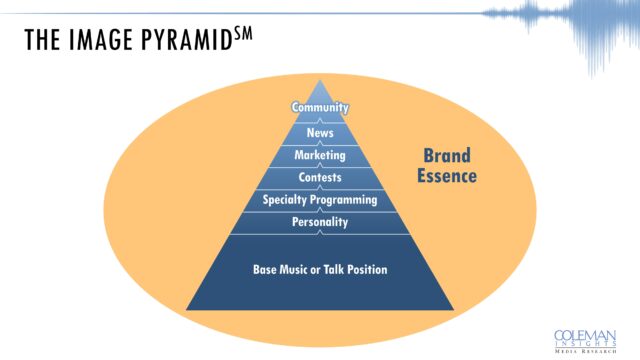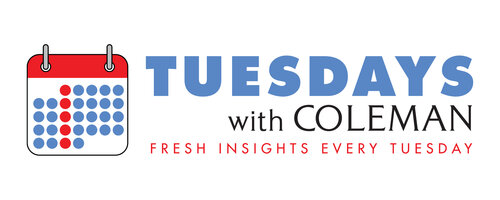
The youngest members of Generation Z—those born between 1997 and 2012—are about to become teenagers. Meanwhile, Gen Z’s oldest members are starting their careers. If you have a long-term vision for your brand, you should have a plan for making this generation—consisting of almost 70 million people in the US alone—your fans.
Of course, my Coleman Insights colleagues and I can provide you with research covering Gen Z’s tastes, consumption habits, perceptions, etc., and counsel you on how to attract these consumers. However, before you take that step, we recommend getting highly acquainted with this group from a broader perspective. Fortunately, there is plenty of publicly available data from quality research providers that will allow you to do so.

Photo credit: Shutterstock/Ground Picture
One of those providers is the Public Religion Research Institute. PRRI is a nonprofit and nonpartisan organization that for the last 15 years has conducted public opinion research designed to drive—as stated on their website—“conversations at the intersection of religion, culture, and politics.” What I have always admired about PRRI is not only that their research is high quality, but that they do not take positions on any of the policies their surveys cover.
In 2023, PRRI surveyed over six thousand members of Gen Z and that study made clear some notable differences between this group and the generations that preceded them. Three of those differences stand out:
- Gen Z is less religious. A third (33%) say they are unaffiliated with any religion. When you mix this with the fact that Gen Z is more racially and ethnically diverse than previous generations, you see truly stark differences; for example, while 54% of Baby Boomers (those born between 1946 and 1964) identify as white Christians, half as many—27%—of Gen Z do the same.
- Gen Z is more likely to identify as LGBTQ. More than a quarter (28%) of Gen Z adults do so, which is about four times as many as Generation X members who see themselves as LGBTQ.
- Gen Z is more liberal. When it comes to politics, very few members of Gen Z think of themselves as conservative. About 36% identify as Democrats versus only 21% who say they’re Republicans, while 30% claim independent status. (Before any Democrats who read this get too excited, however, we should note that research from the Institute of Politics at Harvard Kennedy School suggests that young Americans are less likely to vote in the 2024 presidential election than they did in 2020.)
Regular readers of Tuesdays With Coleman know that we often refer to the Image PyramidSM, the philosophy that successful brands possess images in consumers’ minds that follow a specific hierarchy. For music radio stations, the Image Pyramid suggests that it is most important for your brand to be known for the kind of music it offers, followed by imagery for personalities, specialty programming, contests, marketing, news, and community involvement.
There is, however, another aspect of the Image Pyramid that goes well beyond the highly clinical concept of image development. To truly engage consumers and make them advocates for your brand, your Image Pyramid needs to be “wrapped” in an essence that they find highly appealing.

With that in mind, consider what we learned about Gen Z earlier. If they are different from the generations before them, do you think they will respond to the same efforts your brand may have used to reach young consumers in the past? Will Gen Z consumers engage with brands that represent the values of Baby Boomers, Gen Xers, or even Millennials (those born between 1981 and 1996)?
My answer to each of these questions is an emphatic “no.” Unless your team includes a heavy presence of Gen Zs who can steer your efforts appropriately, it is imperative that brand managers from other generations educate themselves about this generation if they intend to win their affection. A failure to do so will likely prevent your brand from achieving your Gen Z goals.


